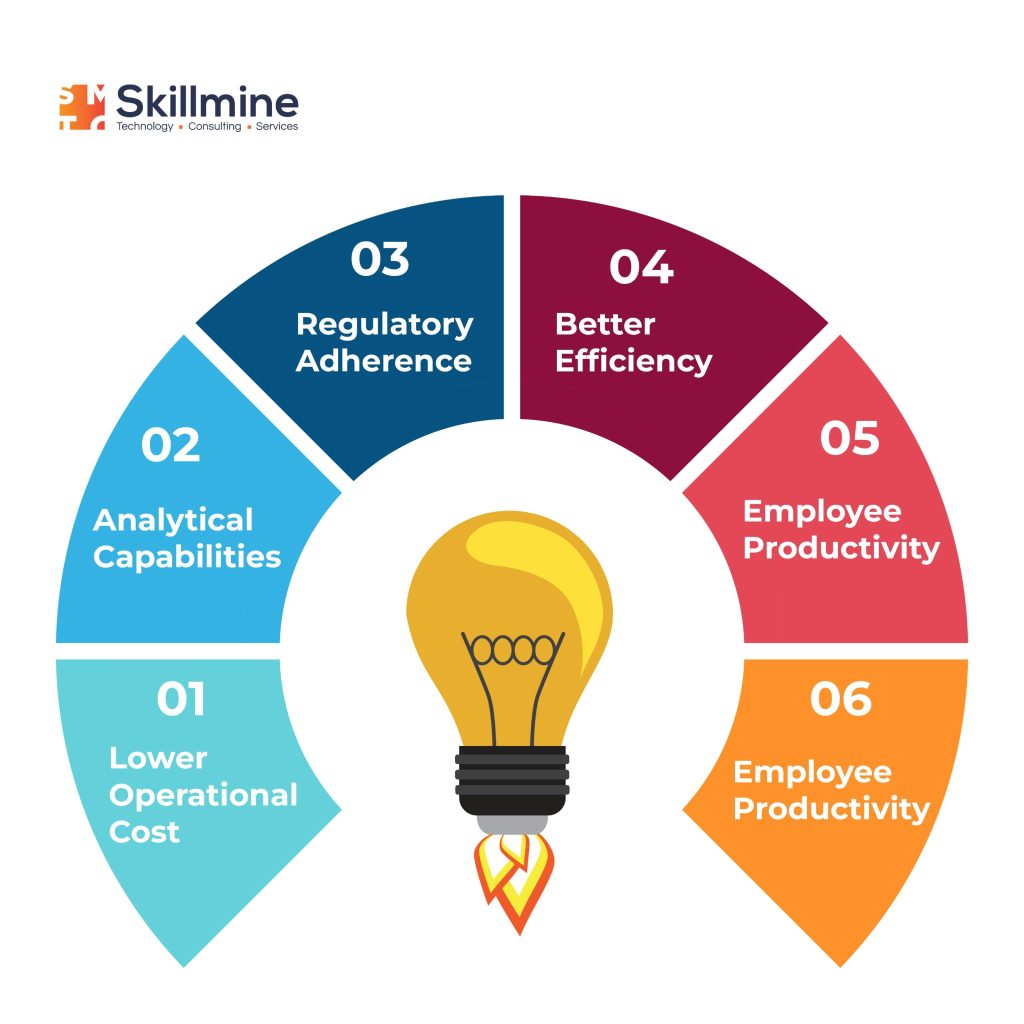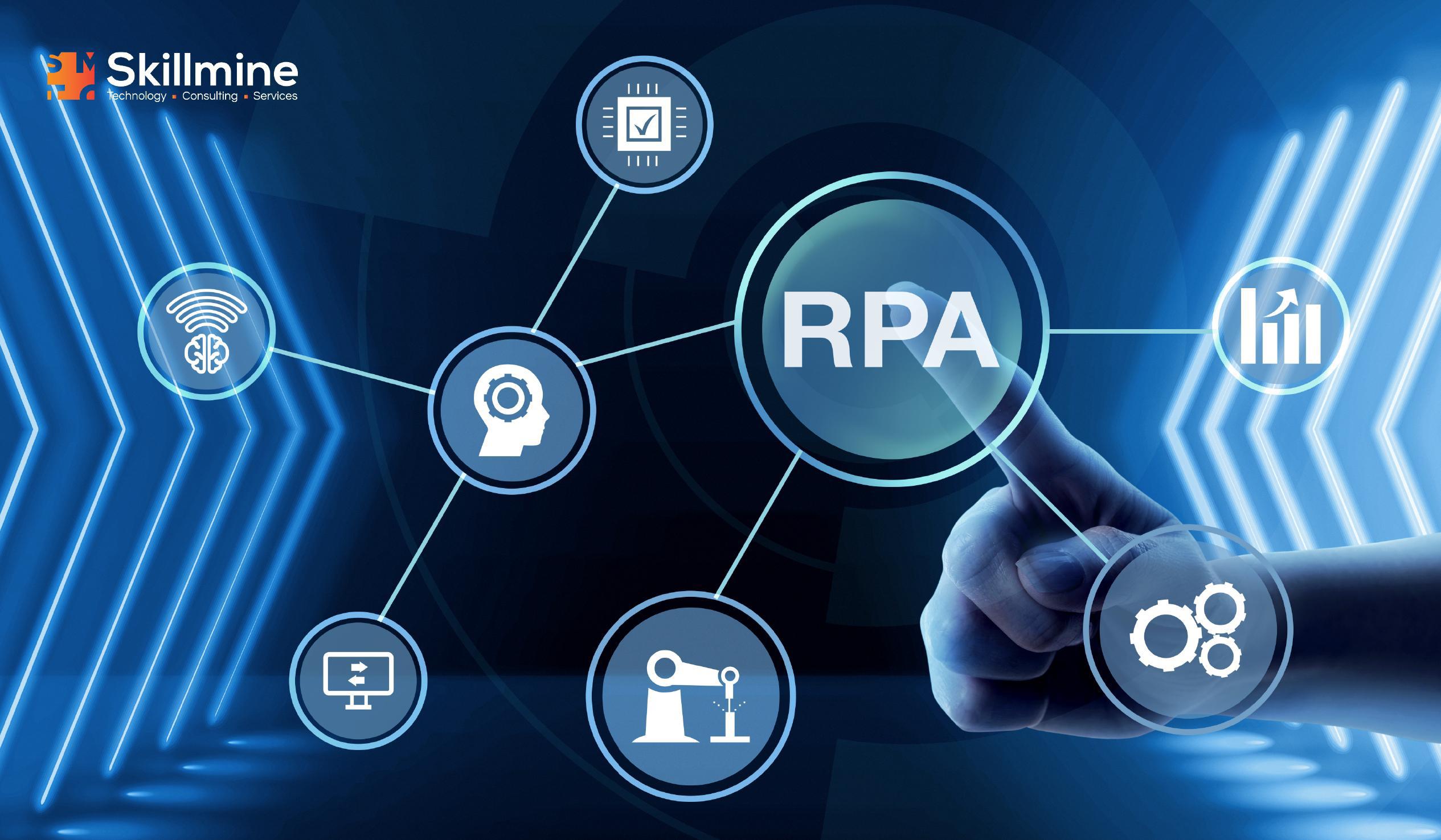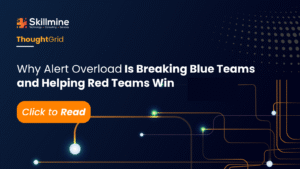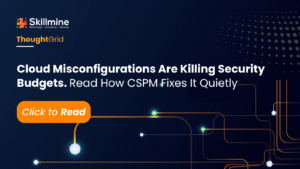Robotic Process Automation (RPA) has emerged as a captivating technology that has revolutionized the business landscape with its remarkable advantages. By enabling digitalization and automating business processes, RPA empowers organizations to unlock greater efficiency and productivity.

However, despite the growing popularity and adoption of RPA, many organizations worldwide find themselves perplexed when it comes to selecting the right RPA software. The decision-making process can be overwhelming, and there is often a lack of clarity about the essential factors to consider when purchasing RPA software.
To navigate this decision successfully, organizations need to have a clear understanding of their unique requirements and objectives. Here are some key factors that organizations should consider when choosing an RPA vendor.
Deployment flexibility
Deployment flexibility is a crucial factor to consider when choosing an RPA solution. It allows your business to adapt to evolving needs and take advantage of the benefits offered by different deployment models. Selecting an RPA vendor that offers a wide range of deployment options, including on-premises, cloud, and hybrid, provides the necessary flexibility to align with your organization’s changing requirements.
By opting for a vendor with deployment flexibility, you can future-proof your RPA implementation. For instance, if your business currently operates on-premises infrastructure but plans to migrate to the cloud in the future, having the option to seamlessly transition your RPA solution ensures continuity and avoids the need for starting the implementation process anew.
Moreover, a vendor offering deployment flexibility should also support a variety of interfaces and integrate smoothly with your existing applications and legacy systems. Look for an RPA solution that is code-free, non-disruptive, non-invasive, and easy to deploy. This ensures a smooth transition and minimizes disruption to your existing operations.
High level of protection
Compliance fines can have severe financial implications, while data breaches can lead to reputational damage and revenue loss. Therefore, it is essential to choose an RPA solution that prioritizes security. To meet compliance requirements, look for an RPA solution that includes an activity log to save automated workflow data. This feature is typically included in many RPA solutions as a baseline.
However, where RPA solutions differ is in the level of security they provide against cyberattacks. When it comes to automation, two crucial security aspects come to mind: platform security and bot security. Consider an RPA platform that offers built-in enterprise-grade security and governance. Look for certifications such as SOC 2 Type 1, which ensures the platform has undergone rigorous assessments and meets industry-standard security protocols. The platform should employ multi-layer identification and authentication measures to safeguard access to sensitive data.
Additionally, the security framework should extend to cover the bots you create as well as those created by third parties that you deploy within your business. A comprehensive security framework should certify the trustworthiness of the bots, ensuring there are no cybersecurity vulnerabilities in the software. It is important to note that not every vendor offers this high level of security, so it’s crucial to assess the security features provided by each RPA solution.
Intelligence with AI
While Robotic Process Automation (RPA) can streamline business processes, its capabilities can be significantly enhanced when combined with Artificial Intelligence (AI). AI provides the intelligence necessary to handle unstructured data, which accounts for a large portion of data today. Approximately 80% of data is unstructured, including emails, social media content, website data, text messages, videos, photos, and audio recordings. Without AI, RPA and other forms of automation struggle to read and analyze this unstructured data, limiting their effectiveness.
To fully leverage the potential of RPA, it is essential to choose an RPA vendor with a forward-thinking strategy that incorporates AI into their solution. Look for a vendor that offers AI as an integral part of their RPA solution, enabling the automation of processes involving all types of data.
Scalability
When considering Robotic Process Automation (RPA) for your business, it’s important to select a vendor with a diverse and expanding portfolio of solutions. While you may initially implement RPA for one specific process or department, as you witness the benefits it brings, you’ll likely want to scale the use of bots across your entire enterprise.
To ensure successful deployment and widespread adoption of RPA, choose a vendor that offers a comprehensive range of solutions for both back-office and front-office processes. Look for a vendor that caters to various departments such as finance and accounting, human resources, customer service, and more.
This breadth of solutions allows you to automate a wide array of processes and optimize efficiency throughout your organization. Furthermore, it’s beneficial to select a vendor with expertise in a diverse set of industries. Different industries have unique requirements and regulations, so a vendor with experience in your specific industry can offer tailored solutions and best practices.
Support
Customer support is a crucial aspect of a successful RPA deployment. When choosing an RPA vendor, it is important to select a partner that offers comprehensive support throughout your entire journey, from the initial proof of concept to ongoing implementation and beyond.
Look for an RPA vendor that provides expert technology and product assistance through highly trained customer success managers (CSMs). These CSMs should be readily available to address your questions, and concerns, and guide you at every stage of your RPA journey. Additionally, ensure that the vendor offers 24-hour global support, allowing you to receive assistance whenever you need it, regardless of your time zone.
Conclusion
The selection of an RPA solution is a critical strategic choice that can have a profound impact on the success of automation initiatives. Thorough evaluation and careful selection of an RPA solution empower organizations to fully leverage the benefits of automation, streamline their processes, and achieve optimal operational efficiency. By making a well-informed decision, businesses can pave the way for successful automation implementation and position themselves for enhanced productivity and success. Skillmine enables businesses to streamline their critical processes with its RPA capabilities.
Looking for expert technology consulting services? Contact us today





